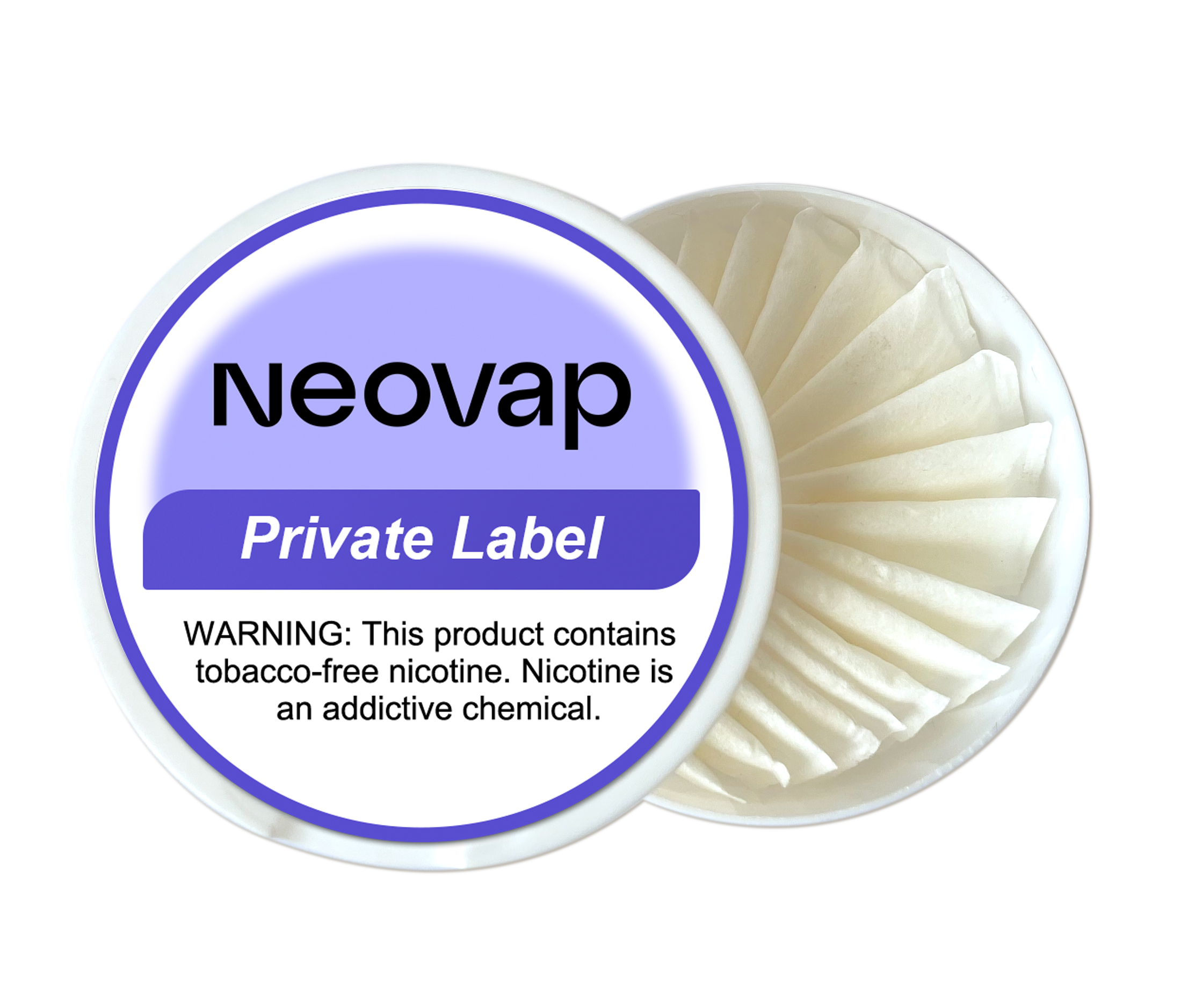Nicotine pouches have gained popularity as a discreet and convenient alternative to smoking and vaping. They are small, permeable pouches that contain nicotine, flavorings, sweeteners, and plant-based fibers, and are placed between the lip and gum. But how safe are these products? Let’s explore their safety and compare them with vaping.

Nicotine Pouch
The Safety of Nicotine Pouches
Nicotine pouches are considered safer than traditional tobacco products because they do not contain tobacco. This means they lack the harmful carcinogens and chemicals found in tobacco smoke. However, they are not without risks:
- Addiction: Nicotine pouches are highly addictive due to their nicotine content. Nicotine is a potent stimulant that can lead to dependence, especially among young users who might be more susceptible to addiction. The amount of nicotine in these pouches can vary significantly, sometimes delivering a higher dose than traditional cigarettes, leading to a high risk of addiction (Nebraska Medicine).
- Health Risks: Although they are marketed as a safer alternative, nicotine pouches can still pose health risks. Nicotine has been shown to increase heart rate and blood pressure, which can lead to cardiovascular issues over time. Additionally, the physical act of placing the pouch in the mouth can cause gum irritation and decay (Nebraska Medicine).
- Youth Appeal: The flavors and discreet nature of nicotine pouches make them particularly appealing to adolescents, raising concerns about a new generation developing nicotine dependence. Marketing strategies often highlight the “smoke-free” and “tobacco-free” aspects, which might mislead consumers into believing these products are entirely safe (JHSPH).
Nicotine Pouches vs. Vaping
When comparing nicotine pouches to vaping, several factors come into play:
- Chemical Exposure: Vaping involves inhaling vaporized liquid that contains nicotine and other chemicals. Some of these chemicals can be harmful when heated and inhaled. Nicotine pouches, on the other hand, do not require inhalation, potentially reducing the risk of respiratory issues associated with vaping.
- Convenience and Discretion: Nicotine pouches can be used discreetly almost anywhere, including places where smoking or vaping might be prohibited. This convenience can make them more appealing but also more likely to be used frequently, increasing the risk of addiction.
- Regulation and Research: The long-term health effects of nicotine pouches are still largely unknown due to their relatively recent introduction to the market. Vaping has been studied more extensively, but both products need more research to fully understand their health impacts. Currently, nicotine pouches are not regulated as strictly as tobacco products or e-cigarettes by the FDA, which raises concerns about quality control and safety standards.
Nicotine pouches might be a better option for those looking to reduce their exposure to the harmful chemicals found in cigarettes and vape products. However, they are not without their own set of risks, primarily related to nicotine addiction and potential cardiovascular impacts. It is crucial for users, especially young people, to be aware of these risks and approach nicotine pouches with caution. For those seeking to quit nicotine altogether, FDA-approved nicotine replacement therapies and behavioral support are recommended as safer and more effective options.


